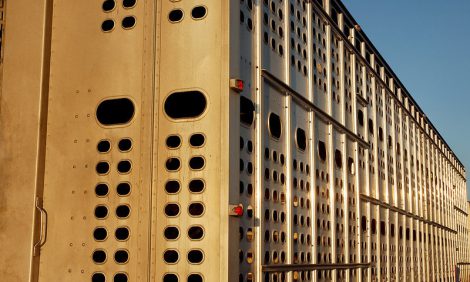



Humans Carry More Superbugs than Cows
SOUTH AFRICA - Antimicrobial resistance of a common farmyard bacteria has been shown to be far more common in humans than animals.This means farm workers pose a greater threat to cattle health rather than vice vera, a study in the Journal of Dairy Science has suggested.
Resistance tests across a range of Staphylococcus isolates causing mastitis in cattle have led scientists to believe human staphylococci could be regarded as a potential reservoir of resistance genes.
This is due to the ability for the bacterial family to acquire resistance through genetic exchange.
The study took a total of 3,387 milk samples and 79 human nasal swabs were taken across 14 sampling sites in the South African province of KwaZulu-Natal.
Multidrug resistance was common among human coagulase negative staphylococci (CNS), with 39 per cent of isolates exhibiting resistance to three or more classes of antimicrobials.
Dr Matt Lucy, editor in chief of the Journal of Dairy Science, and Professor of Animal Science at the University of Missouri, said the study showed humans working with farm animals carry “farm more” resistant bacteria than the cattle they work with.
“The risk, therefore, is the transfer from humans to farm animals and not from farm animals to humans as is often suggested," said Dr Lucy.
He added: "As an industry we are making great strides to reduce the use of blanket treatment of farm animals with antibiotics and the notion that antibiotic-resistant bacteria are moving from farm animals to humans has been debunked many times.”
Michael Priestley
News Team - Editor
Mainly production and market stories on ruminants sector. Works closely with sustainability consultants at FAI Farms



